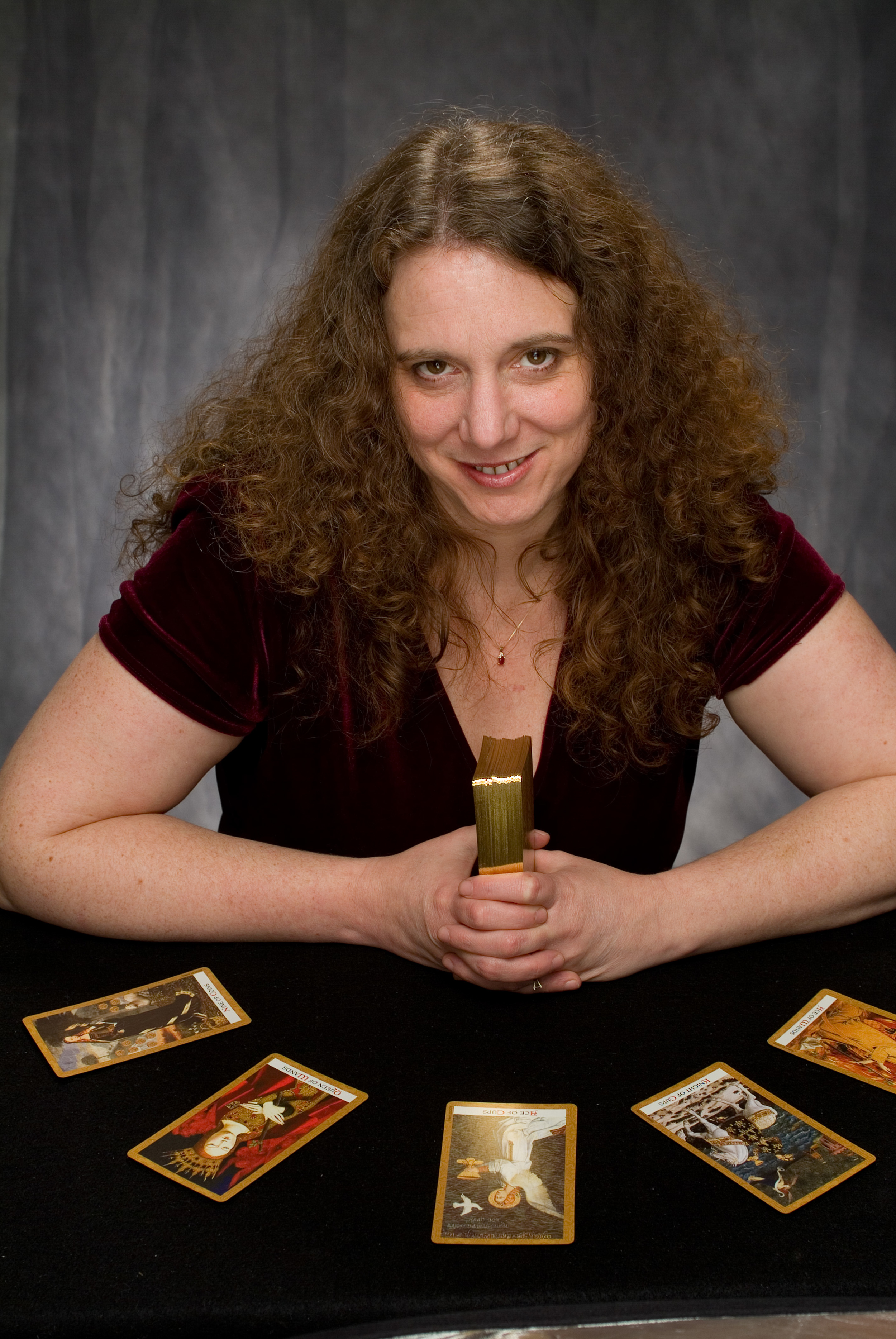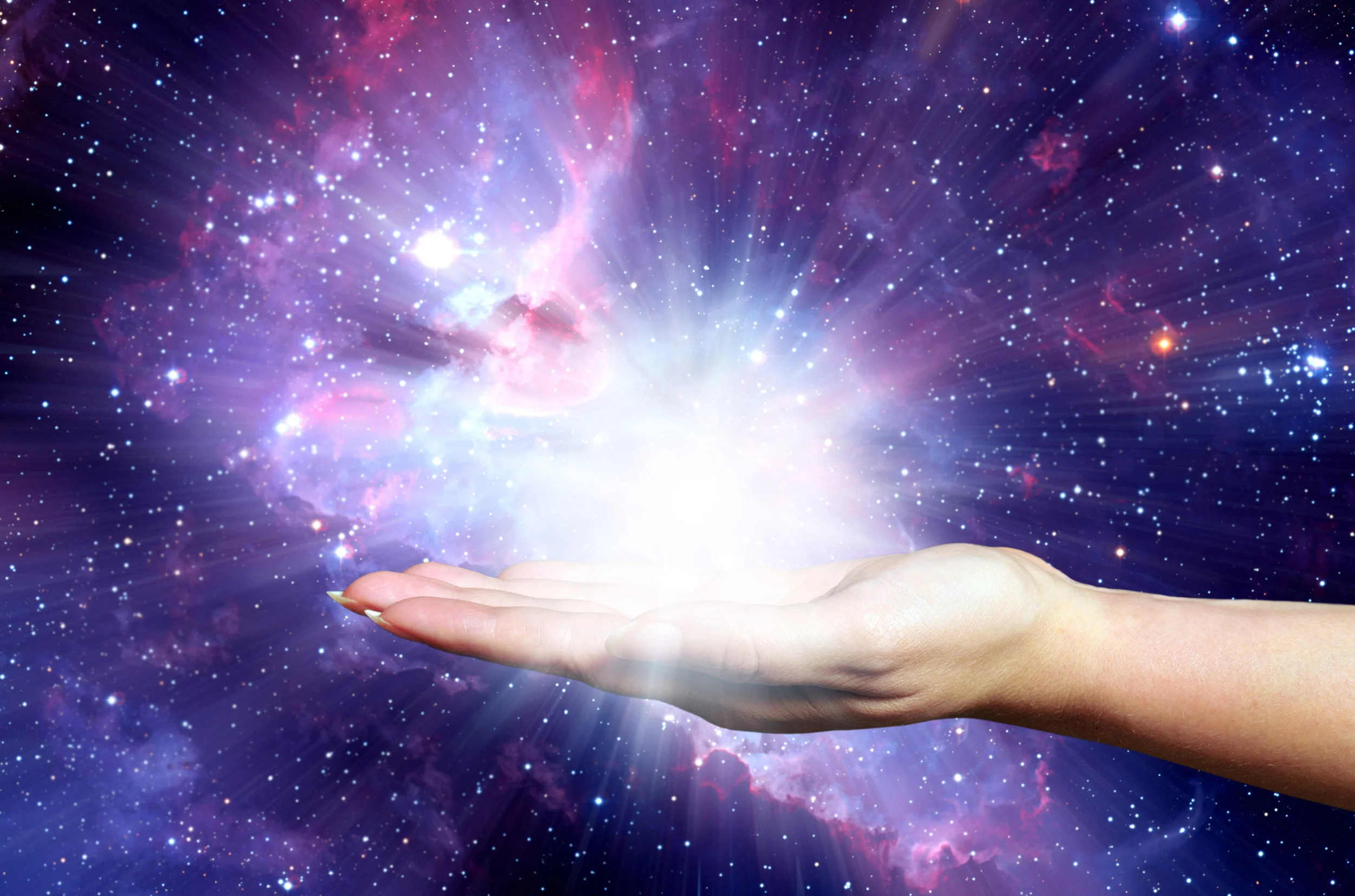
Welcome to my personal blog.
Here you will find my musings, thoughts and observations, all inspired by my experiences as a full-time professional tarot reader.
How to Choose and Use Oracle Decks
The more deeply we consider an oracle card, the richer the message it holds for us. Oracle cards aren't tarot cards, and don't work the same way. Yet, oracle cards can bring a unique and meaningful energy to our divination.
How to Choose and Use Oracle Decks
At our recent tarot meetup, we had a conversation about non-tarot oracle decks. Some of the questions that came up inspired me to put some thoughts together about how we choose and use oracle decks.
From a tarotist’s perspective, the problem with non-tarot oracles is that they follow no particular tradition. Each diviner needs to figure out how each oracle will work for them.
A problem that occurs in tarot reading but occurs even more frequently in oracle divination is that readers often don’t understand what a reading that uses random token divination truly is.
When we use a random token divination tool, we are responsible for extrapolating the interpretation. This is true for tarot and non-tarot oracles. We cannot simply rattle off a written interpretation, or read the words printed on a card, and take that as an oracular reading.
We must be able to take the keywords and standard card meanings and perform an actual interpretation by applying them to the specific situation or question.
We must be able to look at the image and see within it something that guides us and inspires us.
We must be able to use the words and the images to stimulate our intuition so we can dive into the cards and find the truth that resides there, for that reading, in that particular moment.
When working with the same deck over time we must develop a relationship with the individual cards, remembering how they have spoken in the past to see if their current message might be similar.
There are so many lovely oracle decks available. How can we know which ones to choose? Much like tarot, the deck themes and the beauty of the art should be considerations, but not the only considerations.
For me, a good oracle deck has complex art that I can use to stimulate the imagination and the intuition.
I don’t want to see an image of a fairy and read that I have chosen the ‘Lily Fairy’. I don’t want to learn a fluffy lexicon that someone has randomly invented. I want to work with ideas and images that are understandable and actionable. I want images that can afford a bit of scrying, letting me discover things within the image.
Many oracle decks actually rely on bibliomancy as well as random token divination. To get the full understanding of the card you have to read about the card in the guidebook. It may be possible, over time, to memorize the guidebook, though non-tarot oracle decks do not always lend themselves to this kind of study and memorization.
We can use non-tarot oracles in conjunction with tarot, to clarify a card, close a reading with a final card, or to add information to a tarot reading.
We can also use non-tarot oracles on their own. My favorite way to use them is in working with a group, since anyone can derive information from an oracle deck – no prior skill or understanding is required. To let each person pull one card and share their impressions can be really powerful. That is why I prefer an oracle deck where the cards speak for themselves and do not require us to consult the booklet to do the reading.
Yet, we can bring skill and practice to our work with non-tarot oracles, just as we can with tarot. The important factor is to take the time and energy to dive deeply into the words and images, and make connections with them that are pertinent and meaningful.
My favorite oracle cards use images and words that are evocative. I try to make a few of these decks available in my catalog for purchase. I want my clients to be able to access the beauty and wisdom of these cards.
Here are three of my favorites. Visit my catalog to view and purchase.
The Mystical Wisdom Card Deck features the evocative art of Josephine Wall. Each card has a keyword and a short phrase. The booklet offers a longer description, and a mantra, for each card. Rarely do I use the booklet. I love to pull just one card as a focus point, or a message from the Universe.
Ciro Marchetti’s Oracle of Visions has no words on the images. The accompanying booklet offers some thoughts on each image. I actually never refer to the booklet – I just meditate with the image and see where it takes me.
Alana Fairchild’s Rumi Oracle has artwork that can easily bring one to a trancelike state. The short phrases, inspired by Rumi, are good jumping-off points for self-examination and inspiration. The book offers rituals to perform for each card.
I don’t tend to use oracle cards in professional readings. I do use them in group work and for my own personal growth.
The three I’ve listed here are all great resources for introspection and growth. Can they offer the same detailed information as tarot? Absolutely not. Nor do they require the same sort of training. Yet, like many oracle decks, they can be a great door-opener to intuition, and a good companion tool to a strong tarot practice.
We are Oracles
The word “oracle” is common jargon in the psychic and divination community.
I’ve long suspected that we don’t always understand the word, or use it correctly.
Some divination decks are appropriately titled with the name “oracle,” such as Ciro Marchetti’s fabulous “Oracle of Visions.”
Some people use the term “oracle” to denote specifically non-tarot decks of divination. This works to help us separate tarot from non-tarot card decks, but it mistakenly implies that tarot is not oracular.
Some psychic professionals clarify that the readings they perform are oracular in nature, meaning that they use cards, or some other tool of divination. This is an erroneous use of the term.
“Oracle” is not synonymous with “random token divination” or “cartomancy,” or “non-tarot divination deck.”
While slang and word usage change all the time, I don’t believe the meaning of the word “oracle” has changed. I think it is just misunderstood and misused, often by we oracles ourselves.
I think we oracles would be well served to learn the meaning of the word, and use it correctly.
The word “oracle” is a brilliant gift, and has no real substitute in the English language. The word “oracle” comes from a time and place when oracles were valued, perhaps more than we are today.
According to Merriam-Webster, an oracle is a person through whom a god is believed to speak, or a shrine in which a deity reveals hidden knowledge.
An oracle is also the answer or message that is given by the oracle.
A reading itself is an oracle. Each and every reading is “oracular” in nature, regardless of the tools or methods used.
The reader, his or herself, is an oracle.
The sacred place where people go to receive readings can be called an oracle, although usually is not. That’s probably good. I don’t want to refer to my office as an oracle. Although, hey, maybe that would be cool! I’ll give that one some more thought.
According to Dictionary.com, an oracle can also be “the agency or medium giving such responses.”
I think this is how tools of divination, such as cards, might have become known as “oracles.” A tarot deck, or other device, is certainly an agency or medium giving responses, and therefore, an oracle.
An oracle is a shrine, temple or house of prayer where divine message are given.
An oracle is a person who gives divine messages.
An oracle is the medium used to receive divine messages, whether that is a tarot deck, a non-tarot deck, a Lenormand deck, or a cup of tea leaves.
An oracle is the divine message itself.
Every reader is an oracle.
Every reading is an oracle.
Every tool for divination is an oracle.
The sacred space in which readings are performed is an oracle.
Depending on how we use it, the word “oracle” can refer to much of our sacred practice of divination and psychic work, or it can simply be a meaningless buzzword we erroneously use to make ourselves sound mystical.
We are oracles. We are mystical. Let’s honor our sacred history by learning to use this special word in keeping with its unique traditional meanings.
Words have power, even on a spiritual and mystical level. When we use the nomenclature of our ancient spiritual work correctly, we can harness that power.
Professional psychics are often portrayed as imprecise, silly, and stupid. The way we talk about our work, and our traditions, can either contribute to those unfortunate impressions, or change them.



